Top Data Management Software for Small Businesses in 2025: Boost Efficiency and Drive Growth
Introduction
In the ever-evolving landscape of business, small enterprises face unique challenges when it comes to managing data. As we move into 2025, effective data management has become crucial for small businesses aiming to boost efficiency and drive growth. The right data management software can streamline operations, enhance decision-making, and ultimately contribute to a company’s bottom line. This article explores the top data management software options available for small businesses in 2025, highlighting their features, benefits, and how they can shape the future of business operations.
1. Microsoft Power BI
Microsoft Power BI stands out as a leading business analytics service that provides interactive visualizations and business intelligence capabilities. Small businesses can leverage Power BI to transform raw data into insightful reports and dashboards. Its ease of integration with Microsoft Office tools makes it an attractive choice for companies already using the Microsoft ecosystem.
Features such as real-time data access, customizable reports, and collaborative tools enable teams to make informed decisions swiftly. Additionally, Power BI’s affordability and scalability make it suitable for small businesses looking to grow without overextending their budgets.
2. Tableau
Tableau is another powerhouse in the data visualization space, enabling small businesses to analyze and visualize their data effectively. Its intuitive drag-and-drop interface allows users to create complex visualizations without extensive coding knowledge. Tableau excels in handling large datasets and offers real-time collaboration features that are vital for teams working remotely or across different locations.
In 2025, Tableau continues to innovate with features that incorporate artificial intelligence, helping users discover patterns and insights that might go unnoticed. The ability to connect to various data sources makes Tableau a versatile tool for businesses looking to integrate data from multiple platforms.
3. Zoho Analytics
Zoho Analytics is an all-in-one business intelligence and analytics software that caters specifically to small and medium-sized enterprises. With its user-friendly interface, Zoho Analytics allows businesses to create insightful reports and dashboards with minimal effort. Its integration with other Zoho applications means users can consolidate data from various operations easily.
In 2025, Zoho Analytics remains competitively priced, making it an attractive option for small businesses looking to harness the power of data analytics without breaking the bank. The platform’s data blending capabilities and AI-driven insights help businesses understand their performance better and identify growth opportunities.
4. Airtable
Airtable combines the features of a spreadsheet with the robustness of a database, providing a flexible platform for data management. Small businesses can use Airtable to organize projects, manage customer relationships, and track inventory, all in one place. Its user-friendly interface allows for easy collaboration among team members, making it ideal for small, agile teams.
The platform’s templates and automation features enable businesses to streamline workflows and reduce manual tasks. In 2025, Airtable continues to enhance its functionality, making it a versatile choice for small businesses looking to improve productivity through effective data management.
5. Google Workspace
Google Workspace (formerly G Suite) offers a comprehensive suite of cloud-based productivity tools, including Google Sheets, Docs, and Drive. For small businesses, Google Workspace provides a collaborative environment that enhances communication and data sharing. Google Sheets, in particular, is a powerful tool for data analysis, allowing users to create complex functions and visualizations.
In 2025, Google Workspace has evolved to include advanced AI features, making data management and analysis even more accessible. The seamless integration between applications ensures that small businesses can manage their data efficiently while enjoying the benefits of real-time collaboration.
6. Smartsheet
Smartsheet is a work management and automation tool that enables small businesses to manage projects and operations efficiently. With its grid-based interface, Smartsheet allows users to track tasks, deadlines, and resources effectively. The platform is highly customizable, making it suitable for various industries and business needs.
In 2025, Smartsheet continues to enhance its automation capabilities, allowing users to automate repetitive tasks and improve workflow efficiency. Additionally, Smartsheet’s integration with popular applications ensures that businesses can consolidate their data and streamline their operations seamlessly.
7. Domo
Domo is a cloud-based business intelligence platform that specializes in data visualization and analytics. Small businesses can use Domo to connect to multiple data sources, allowing for a comprehensive view of their operations. Its strong focus on real-time data updates helps businesses make informed decisions swiftly.
In 2025, Domo’s user-friendly interface and advanced analytics capabilities make it a valuable tool for small businesses looking to leverage their data for strategic growth. The platform’s emphasis on collaboration ensures that teams can work together efficiently, regardless of their physical location.
8. QuickBooks
QuickBooks is a well-known accounting software that offers excellent data management features for small businesses. While primarily focused on financial data, QuickBooks allows users to manage invoices, track expenses, and generate financial reports easily. Its intuitive interface makes it accessible for business owners who may not have an accounting background.
In 2025, QuickBooks continues to enhance its reporting capabilities, providing small businesses with insights into their financial health. The integration with other data management tools ensures that businesses can maintain accurate records while focusing on growth.
9. Trello
Trello is a project management tool that helps small businesses organize tasks and collaborate effectively. Using a board and card system, Trello allows teams to visualize their workflows and prioritize projects easily. This visual approach to data management helps small businesses stay organized and efficient.
In 2025, Trello has expanded its features to include automation and integrations with other tools, making it even more effective for managing data and projects. Small businesses can benefit from its simplicity and flexibility, allowing them to adapt the platform to their unique needs.
10. Asana
Asana is another project management tool that focuses on task tracking and team collaboration. Small businesses can use Asana to streamline their workflows, assign tasks, and monitor progress. Its robust features enable teams to manage deadlines and dependencies effectively.
In 2025, Asana has introduced advanced reporting and analytics capabilities, allowing businesses to gain insights into their project performance. The platform’s ability to integrate with a variety of other tools ensures that small businesses can create a seamless data management ecosystem.
11. Monday.com
Monday.com is a versatile work operating system that allows small businesses to manage projects, workflows, and data in one place. Its customizable interface and templates make it easy for businesses to tailor the platform to their specific needs. Small teams can use Monday.com to assign tasks, track progress, and collaborate efficiently.
In 2025, Monday.com continues to enhance its automation features, allowing businesses to reduce manual tasks and increase productivity. The platform’s focus on data visualization helps teams make informed decisions quickly, driving growth and efficiency.
12. HubSpot
HubSpot is an all-in-one marketing, sales, and service platform that offers robust data management features for small businesses. Its CRM tool allows businesses to manage customer relationships effectively while providing insights into customer behavior and preferences. HubSpot’s reporting capabilities enable businesses to analyze their marketing and sales performance.
In 2025, HubSpot continues to evolve with AI-driven features, helping small businesses personalize their marketing efforts and improve customer engagement. The integration of various tools within the platform allows for comprehensive data management and analysis.
13. Salesforce Essentials
Salesforce Essentials is a scaled-down version of Salesforce designed specifically for small businesses. It offers comprehensive CRM capabilities that help businesses manage customer interactions and sales processes. With its powerful reporting features, small businesses can gain insights into their sales performance and customer behavior.
In 2025, Salesforce Essentials remains a popular choice for small businesses looking to harness the power of CRM data. The platform’s integration with other tools ensures that businesses can maintain a cohesive data management strategy.
14. Notion
Notion is an all-in-one workspace that combines note-taking, project management, and database functionalities. Small businesses can use Notion to create a centralized hub for their data, allowing teams to collaborate on projects, manage tasks, and store important information.
In 2025, Notion has expanded its capabilities to include more powerful database and automation features, making it an attractive choice for small businesses looking to streamline their operations. Its flexibility allows businesses to customize their workflows and data management processes effectively.
15. DataRobot
DataRobot is an advanced machine learning platform that empowers small businesses to leverage predictive analytics. By automating the process of building and deploying machine learning models, DataRobot allows businesses to gain insights from their data without requiring extensive technical expertise.
In 2025, DataRobot continues to enhance its user experience and expand its capabilities, making it an essential tool for small businesses looking to harness the power of data-driven decision-making. The platform’s ability to integrate with various data sources ensures that businesses can maximize the value of their data assets.
Conclusion
As we look ahead to 2025, small businesses have an array of data management software options at their disposal. From analytics and visualization tools to project management and CRM solutions, these platforms offer the potential to boost efficiency and drive growth. By adopting the right software tailored to their specific needs, small businesses can harness the power of data to make informed decisions, streamline operations, and achieve their growth objectives. In a world where data is an invaluable asset, investing in the right data management tools is crucial for any small business looking to thrive in the competitive landscape.
Explore
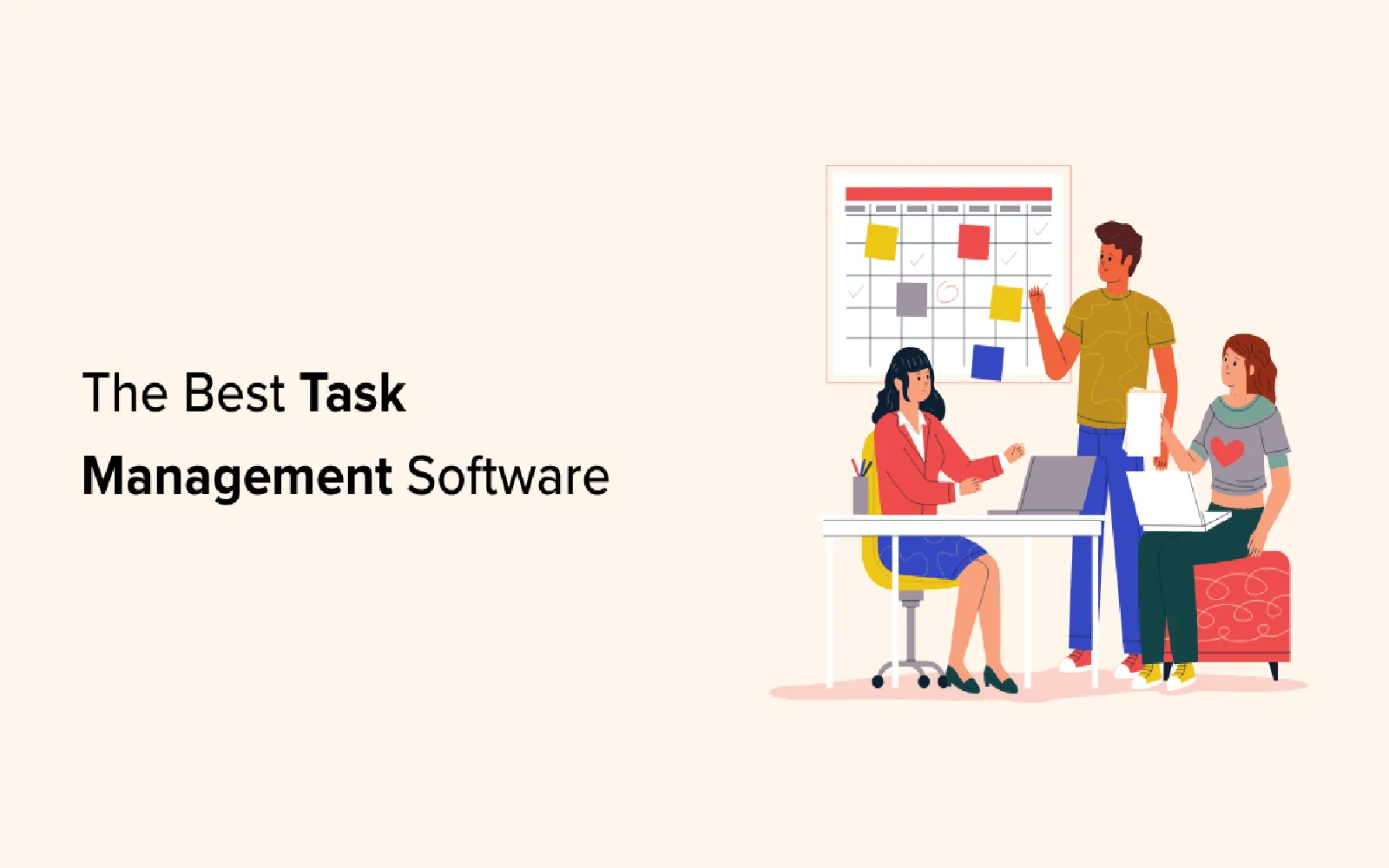
Top Task Management Software for Small Businesses in 2025: Boost Productivity and Efficiency
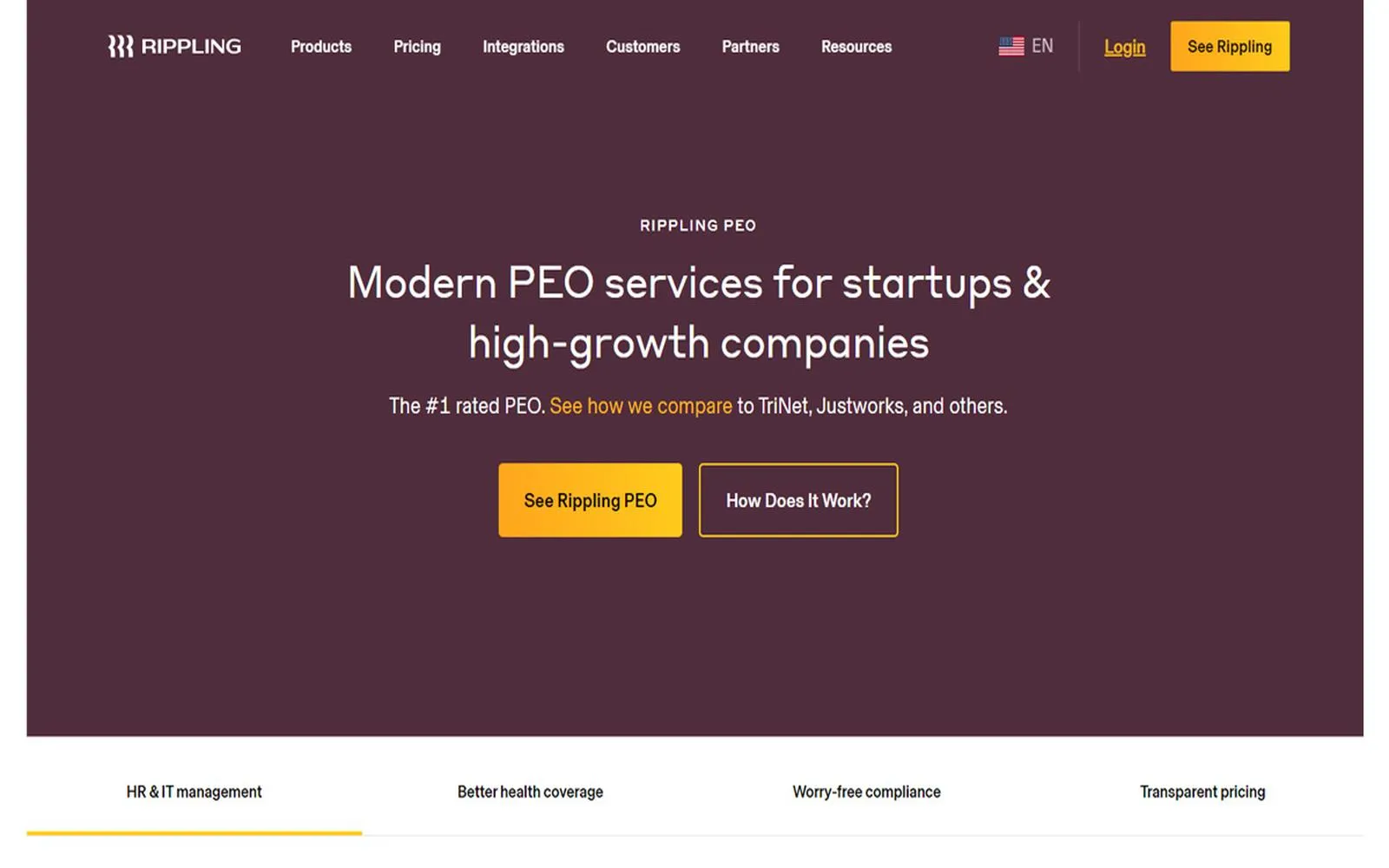
Top PEO Companies for Small Businesses in 2025: Streamline HR and Boost Growth
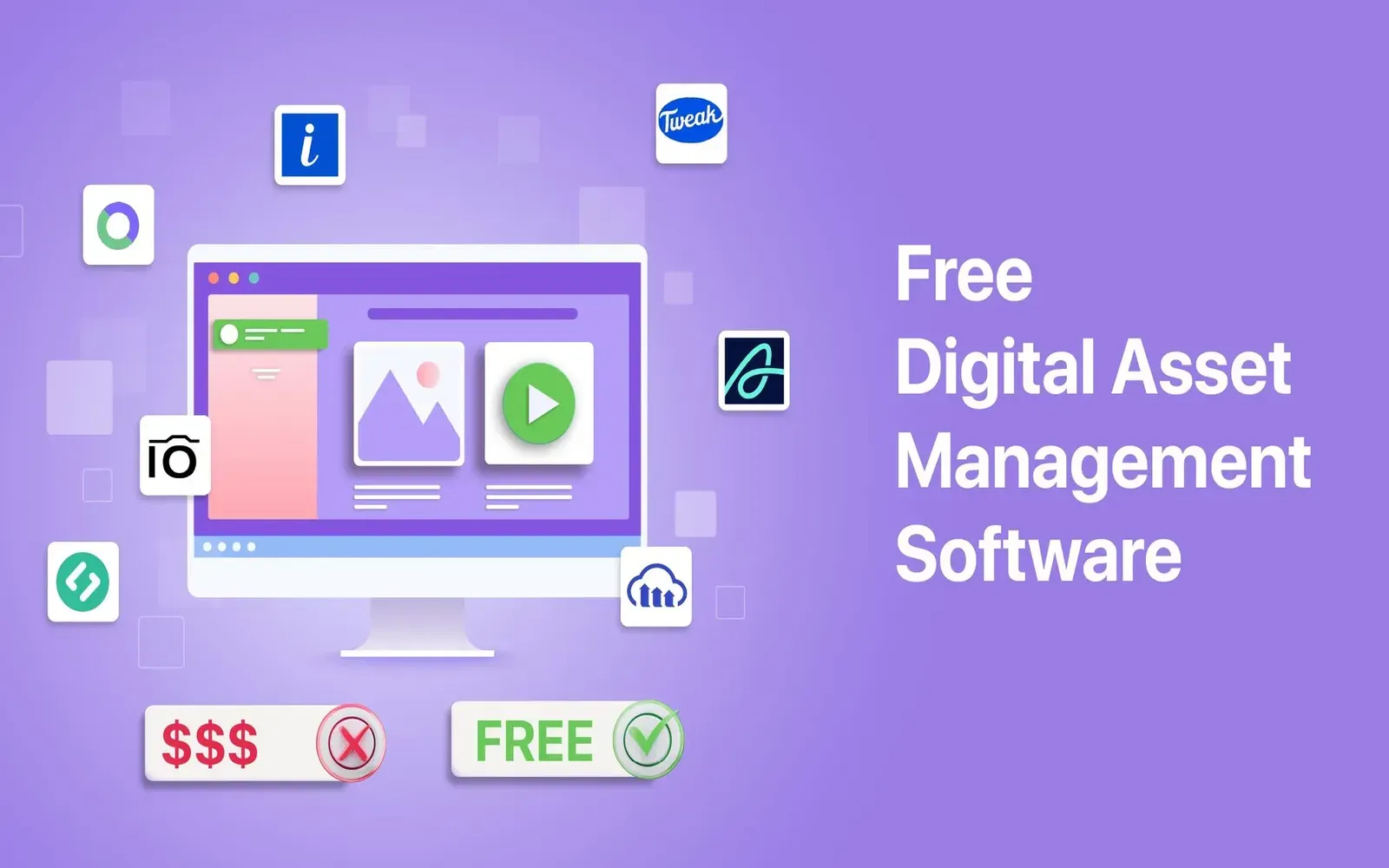
Top Digital Asset Management Software Trends to Watch in 2025: Boost Your Brand's Efficiency
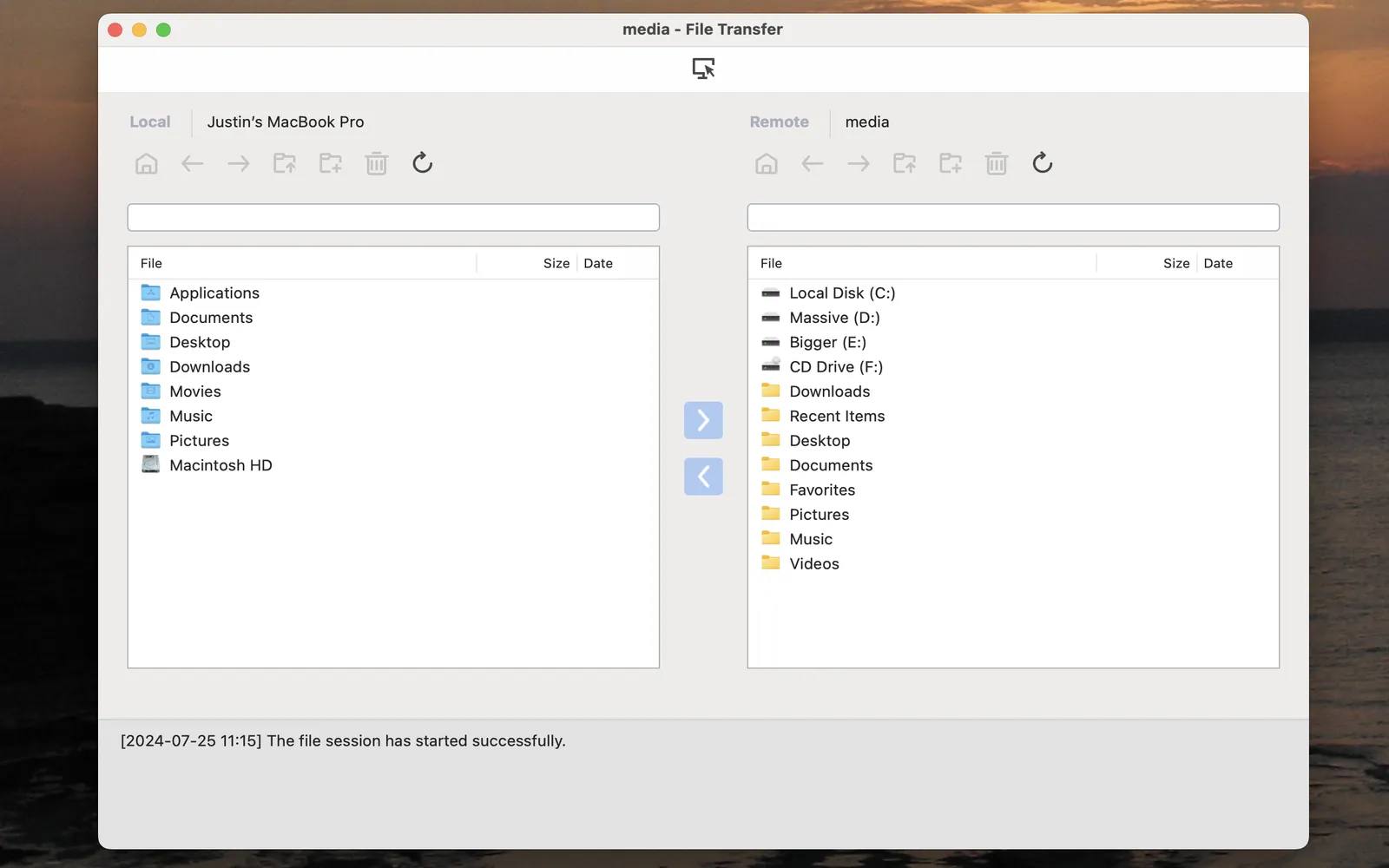
Top Remote Access Software for Small Businesses in 2025: Boost Productivity and Security
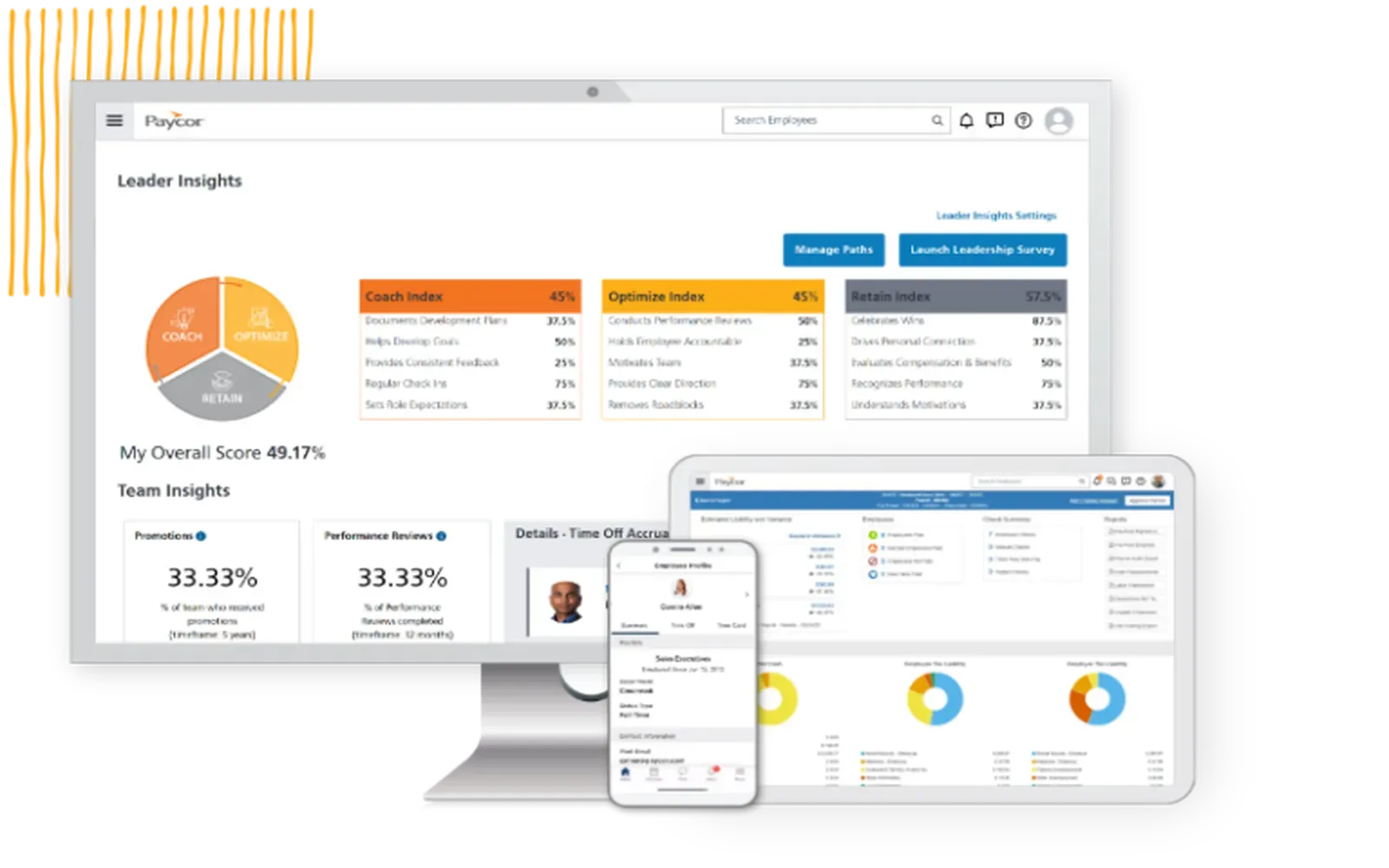
Top Payroll Software Solutions for 2025: Streamline Your Business Operations and Boost Efficiency
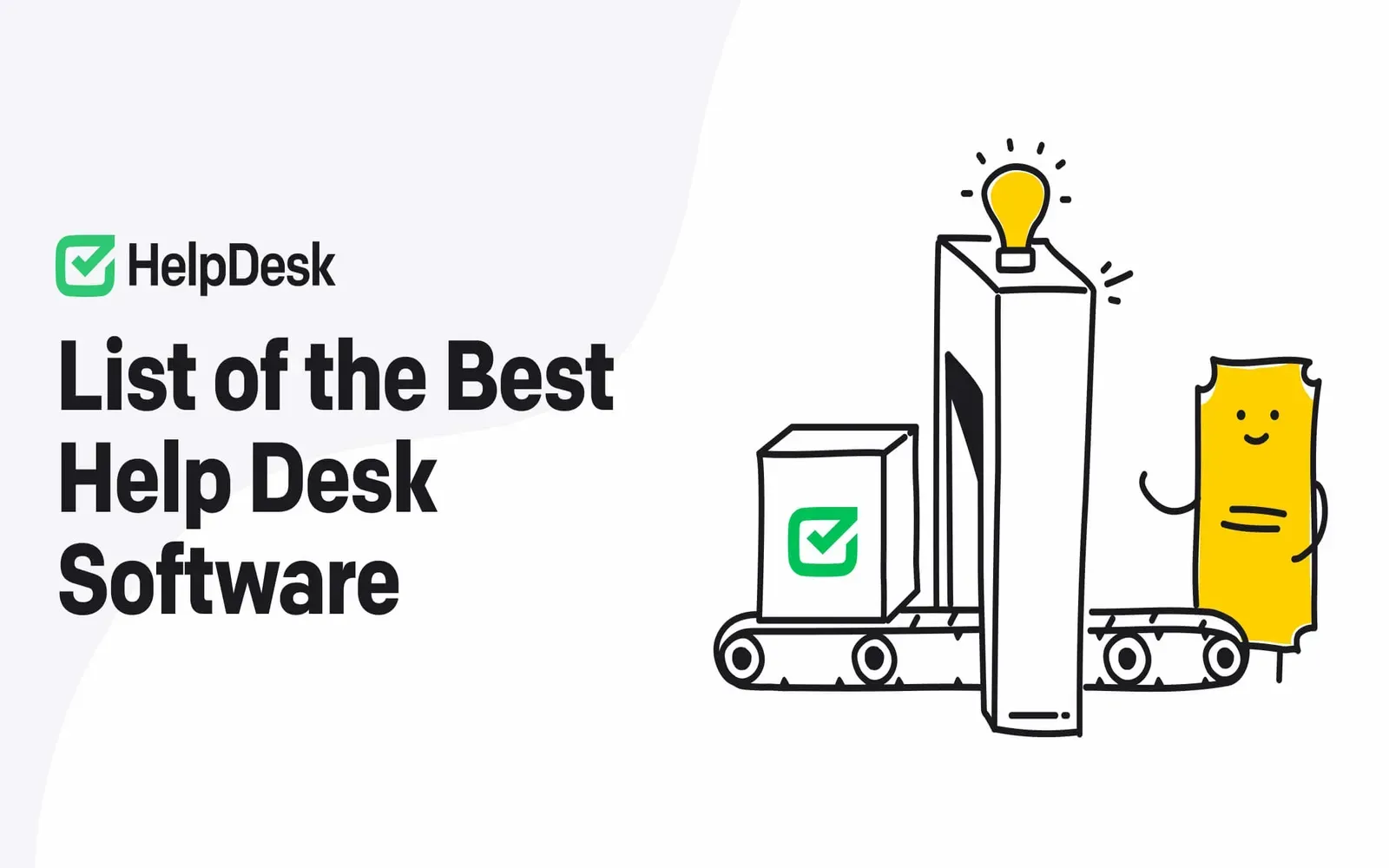
Top Help Desk Software Solutions for 2025: Boost Your Customer Support Efficiency

Navigating Data Protection in 2025: Essential Strategies for Businesses to Safeguard Sensitive Information

Unlocking Growth: The Ultimate Guide to Small Business Loans in 2025
